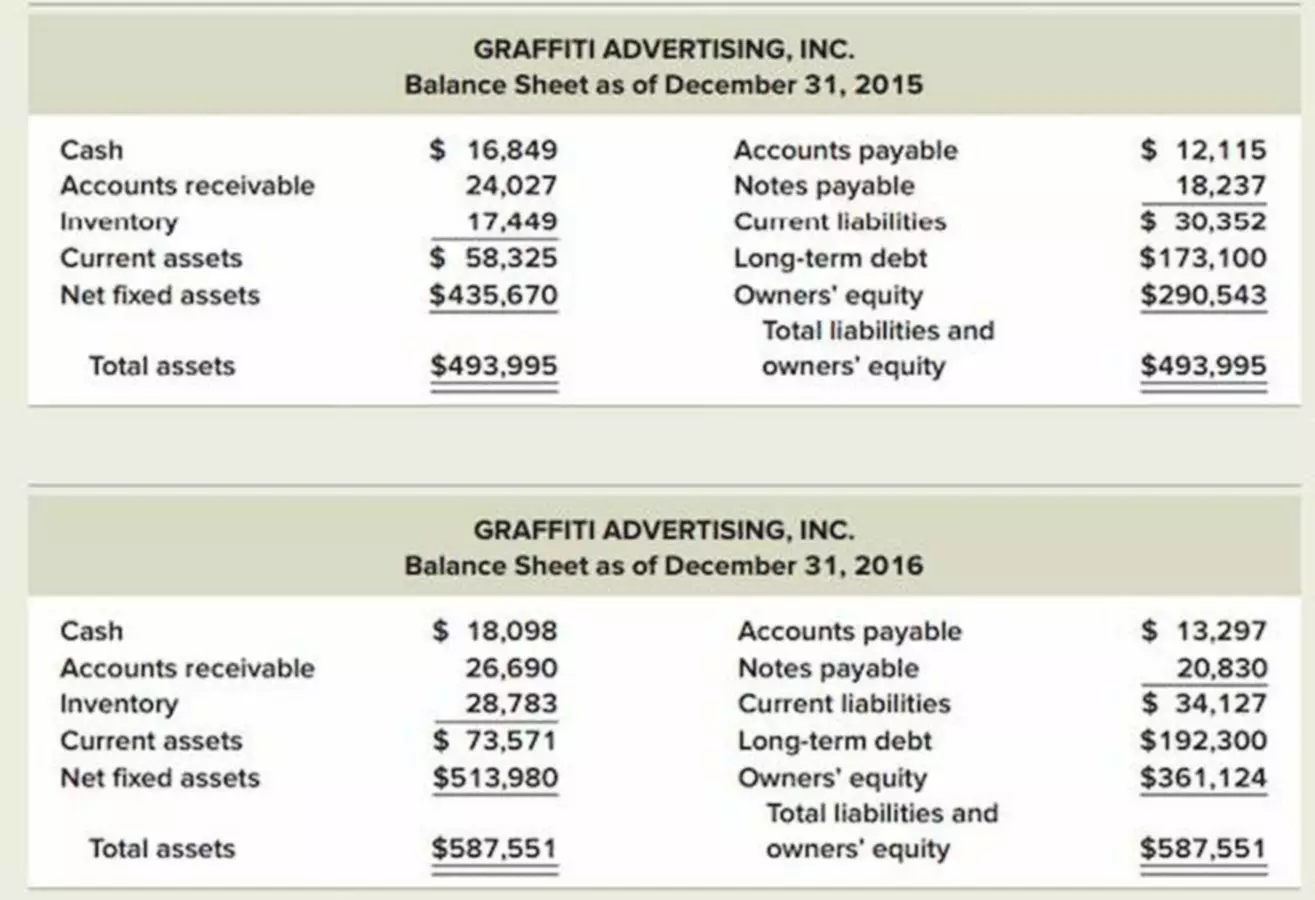Content

Unlimited liability only applies to sole traders and certain types of partnerships. Limited partnerships have limited companies and have limited liability. With tax now going digital, self-employed businesses have to use a third-party cloud accounting platform in order to report their taxable income and gains in real-time.
Unlike limited companies, which are required to follow a process called incorporation, there is no specific process for registering as a sole trader. Instead, all you have to do is register as self-employed by registering for Self Assessment. The most common way to register for Self Assessment is to do it directly through HMRC’s website. The new Sage Accounting plans are now fully up-and-running, with free tools available on sign-up. The first free plan available for the accountant sector, the Sage Accounting Individual Free plan is aimed at self-employed taxpayers with simple tax needs who like to do their own self-assessment returns.
PayPal Feeds
Many sole traders are simply unaware of the records they need to keep. Trying to flip between running a business and managing the accounts is a hard ask, even for sole trader bookkeeping the most hardworking of business owners. The question of whether you would be better off as a limited company, or a sole trader depends on numerous factors.

This must be submitted via a self-assessment tax return by the following 31 January. Using this information, HMRC will give you a tax bill, which you’ll need to pay by the same deadline. You might also need to make ‘payments on account’, depending on the amount of income you need to pay tax on – these are advance payments, due twice a year on 31 January and 31 July. Some sole traders simply learn the hard way, running into accounting challenges early on and changing their methods from there onwards. But if you don’t want to waste precious time (and money), guidance from an expert is the better route.
Leave our friendly team a message and we’ll be in touch in no time.
It’s great to have options, so we’ve compared the sole trader and business accounts from a variety of high street banks and challengers so you can see how we stack up. The results represent the view of customers who took part in the survey. But remember that your business name (along with your own name) will be visible on any official documents, such as letters and invoices. Also, make sure that you don’t choose a business name that already exists and if you need a website, do make sure your chosen domain name is available.
- The requirement to publish the Financial Conduct Authority Service Quality Information for business current accounts can be found here.
- It is estimated that 92% of SMBs use accountants or bookkeepers to help with self-assessments.
- Our help centre is designed to be your first port of call whenever you have questions about our products and services.
- As a result, LibAbun Accountancy can provide for you an excellent level of service to meet all your Sole Trader Accounting needs and more.
- A sole proprietorship tends to generate smaller amounts of revenue and incur lower levels of expenses than more complex types of organizations.
With high-level encryption and first-class security, your clients don’t have to worry about payment protection. FreshBooks offers a transparent, affordable fee structure to remove the guesswork from online payments for sole traders. Late payments can create cash flow woes, especially for sole traders. FreshBooks lets you build in late fees to encourage clients to pay every dollar you’re owed on time. Automatically set late fees to kick in according to your specific policy.
Sole trader challenges
Now that you’ve got a firm idea of what a sole trader is, legally speaking, we’ll look at what it means to be one – from your responsibilities, to the pros and cons of operating in this manner. The sheer number of sole traders in the UK tells you everything you need to know about working this way. Everyone who works for themselves should have some level of insurance protection but sole trader liability insurance is particularly crucial… You may come to a point where you want to take on staff — when this does happen, you’ll need to register as an employer and record PAYE and National Insurance details.
What is the difference between business and sole trader?
Sole traders need only submit an individual tax return once a year, and make quarterly tax payments. If you register your business as a company, you'll need to file your own personal return (even if you are director), as well as a tax return on the company's income and deductions.
Then you’ll need to pay your quarterly Class 2 National Insurance bill — this is a basic payment that goes towards your state pension. Businesses are randomly checked by HMRC to ensure they are compliant with tax regulations, so make sure all paperwork is accurate and current. It’s a lot, trying to keep every receipt, invoice and bill, but if you’re serious about your business, you’ll need to keep this information and categorise it in the right way.

Recent Comments